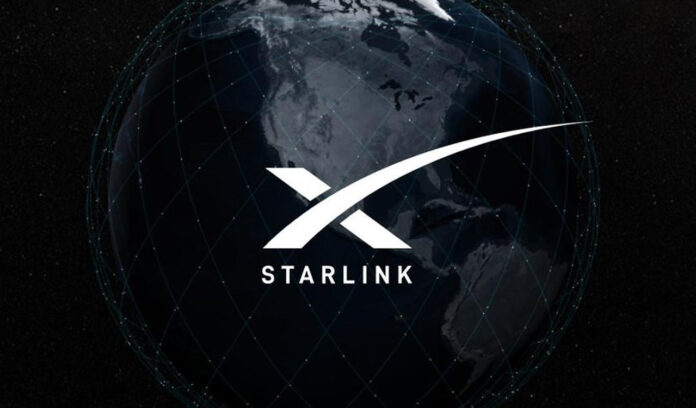Elon Musk’s revolutionary satellite-based internet service, Starlink, is making significant strides in global connectivity. The service is now operational on over 1,000 aircraft, providing passengers with high-speed internet from the moment they step aboard. This announcement marks a significant milestone for SpaceX, the company behind Starlink, as it continues to expand its reach in the aviation industry.
Starlink: High-Speed Internet at 30,000 Feet
Starlink’s promise of uninterrupted connectivity in-flight is reshaping the way passengers experience air travel. According to the company, using Starlink onboard is akin to having a high-speed ground fiber connection. Elon Musk, the CEO of SpaceX and Tesla, highlighted this advancement in a recent social media post on platform X, formerly known as Twitter.
This development is a part of SpaceX’s broader mission to bring reliable and affordable internet access to users around the globe, regardless of location.
Global Expansion: Starlink’s Reach Extends to 100 Countries
Starlink’s global footprint continues to grow rapidly. Recently, Sierra Leone in Africa became the 100th country to connect to Starlink’s satellite internet service, joining nine other African nations already on the network. Musk also announced the service’s launch in Indonesia and Fiji earlier this year, expanding Starlink’s presence in the Asia-Pacific region.
One of Starlink’s key advantages is its flexibility. The service does not require users to commit to long-term contracts, making it an attractive option for those seeking high-speed internet without the usual commitments associated with traditional providers.
Starlink’s Progress in Asia: Approval and Challenges
In its bid to expand further into the Asian market, Starlink has received preliminary approval to provide internet services in Sri Lanka. This step forward highlights the growing demand for satellite internet in regions with limited connectivity options.
However, Starlink faces challenges in entering the Indian market. The service is currently under review by the Indian government, which is assessing issues related to foreign investment and technical compliance with the country’s licensing requirements.
Before Starlink can operate in India, it must obtain a Global Mobile Personal Communication by Satellite (GMPCS) services license. This license is crucial for providing satellite communication services within the country and ensuring that all operations comply with Indian regulatory standards.
The Future of In-Flight Connectivity and Beyond
As Starlink continues to expand its reach and improve its services, the future of in-flight connectivity looks promising. The ability to stay connected at high speeds while flying opens up new possibilities for passengers, enhancing productivity and entertainment options.
Starlink’s commitment to providing affordable, high-speed internet to remote and underserved areas underscores its potential to revolutionize global connectivity. As the service gains traction worldwide, its impact on the digital landscape will undoubtedly be profound.
For the latest updates on Starlink and other technological advancements, stay tuned to Uncensored Networks, your go-to source for international news and insights.



